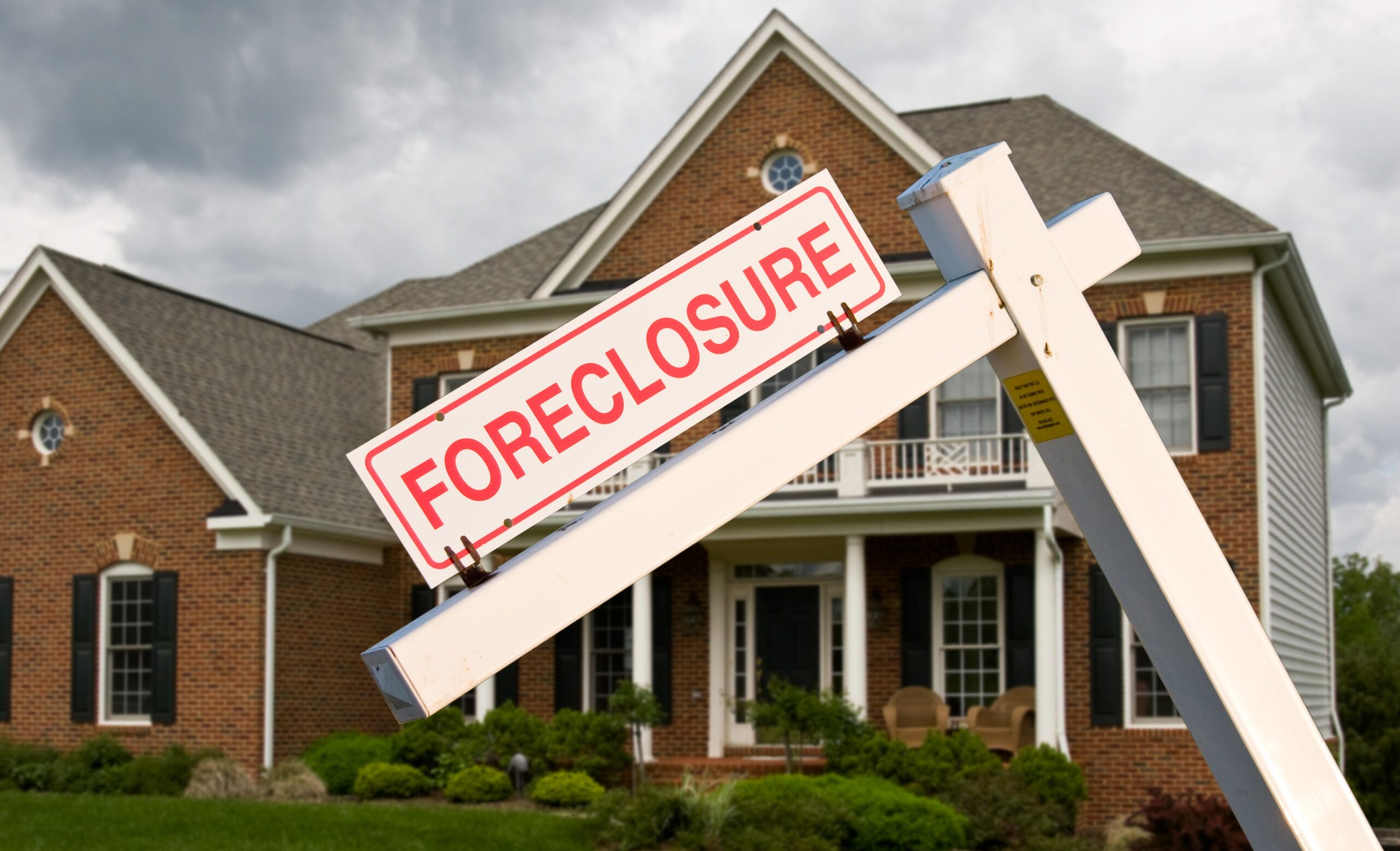When you’re unable to pay the mortgage on your house for several months in a row, the bank may foreclose on your house. A foreclosure is a set of steps taken by a lender, in this case your bank, to recoup the funds they lent by selling the asset associated with the loan. In other words, the bank will sell your house to pay off the remainder of what you owe them.
It may seem like a foreclosure is the end of your home ownership, and the start of a very difficult period of your life, but there may be some options available to you to bring that foreclosure to a halt.
Triggers for a Foreclosure
Banks can initiate foreclosure when the borrower fails to meet the terms outlined in the mortgage document. Most of the time, this means missing a specific number of monthly mortgage payments. Though every bank is different, you’ll usually be able to miss four mortgage payments before your lender begins to proceed with foreclosure.
How to Stop a Foreclosure
If you’re already facing a foreclosure, there are some steps you can take to try and end it:
- Sell the home quickly. You may hate the idea of giving up your home, but selling it is much faster and more convenient than having the bank forcefully take it from you. You can choose to sell your home in cash for close to its actual value, and use the proceeds to pay off your loan. If the loan is paid off, the bank won’t have any reason to pursue anything further. You can also use whatever proceeds are left over as a down payment on a new house, or to pay for moving expenses.
- Borrow additional funds. Depending on the situation, you may be able to make up for the missed payments by borrowing additional funds. You may be able to seek a loan with another lender, and use that money to stabilize your situation. However, you should know that borrowing more money isn’t a great long-term solution; if you get caught in a cycle of borrowing more money every time you’re at the brink, you may never climb out of the hole.
- Ask the bank for a compromise. In some circumstances, you may be able to petition the bank for a compromise. The idea here is to get the bank to understand your extenuating circumstances, and come up with a repayment plan; you’ll still have to pay off your debts, but you may buy yourself some extra time. Usually, banks will only hear you out if you have a particularly difficult, one-time situation that’s interfering with your ability to pay; for example, you may be dealing with an illness or a loss.
- Refinance the home. You could also consider refinancing the property. If you’re consistently unable to afford your monthly mortgage payments, you may be able to replace your loan with another loan with better terms; depending on what you started with, you may be able to score a lower interest rate and a longer loan duration, ultimately reducing your monthly payments.
- Rent the property. Again, leaving the property may be unpleasant, but you can avoid the foreclosure process if you decide to rent the property to another tenant. Under the right circumstances, you may be able to charge more in rent than you’re paying on the mortgage, allowing you to stay afloat and buy time to get your other finances in order.
- Declare bankruptcy. If you’re faced with financial hardship and you don’t have any other options, you may consider declaring bankruptcy. Bankruptcy is a chance for you to eliminate and/or restructure your debts as a way to start over—but there are lasting consequences that can impact your financial life for many years to come, so make this decision wisely.
Preventing a Foreclosure
The best way to avoid dealing with a foreclosure is to prevent one from happening in the first place. To do this, you have to make all your monthly mortgage payments consistently.
This is easier with the following strategies:
- Only buy a house you can afford. Most foreclosures happen when a homebuyer buys a bigger, more expensive house than they can realistically afford.
- Get a fixed rate mortgage. Fixed rate mortgages will ensure you face the same payments every month, with little to no fluctuation.
- Establish a budget and stick to it. Practice good spending habits, and ensure you always have enough for your mortgage.
- Create an emergency fund. Keep an emergency fund to deal with unexpected expenses.
These tactics can help you prevent having to deal with a foreclosure. But if you’re ever in the position of facing foreclosure, there are steps you can take to stop the process.

Leave a Reply